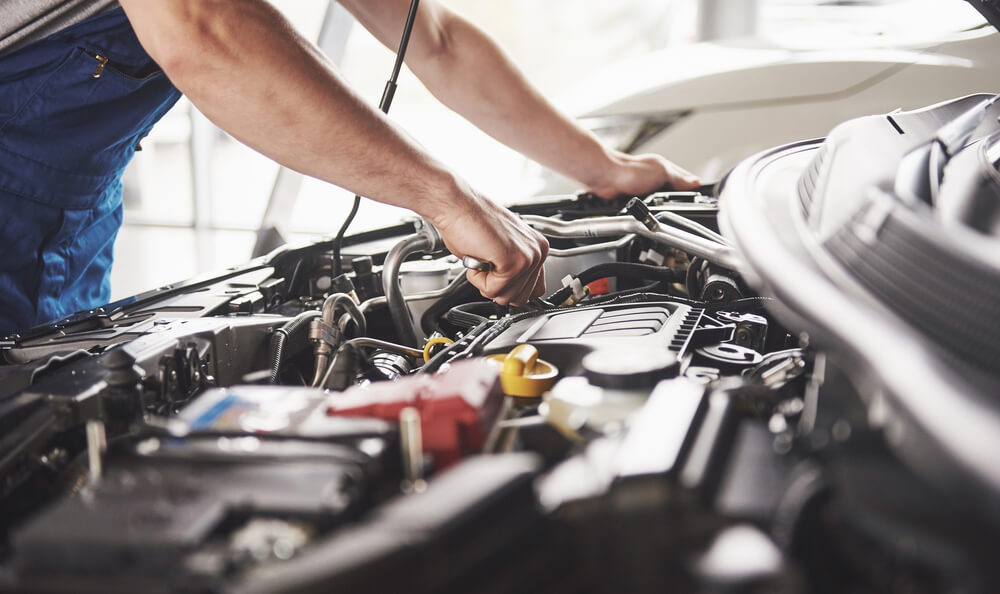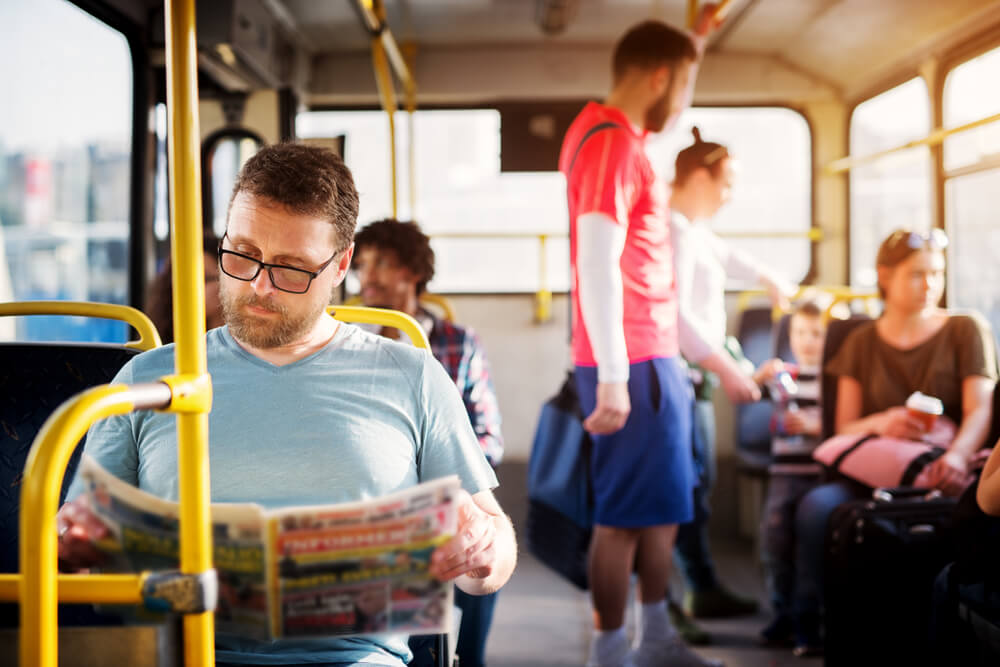Whether it’s a significant change or a small one, every dollar you can squeeze out of your fuel tank can make a difference. Ready to make an immediate positive change on the fuel consumption of your car? Check out our list of 16 tips to save petrol and money.
Change the way you drive
A good craftsman never blames his tools, and that old chestnut can be applied to our driving. You might find that making a few changes to your driving style when you’re behind the wheel could help save you petrol:
- Take fewer trips: Opt to take one round journey rather than several short trips, because your car becomes more fuel efficient when the engine is warm.
- Avoid idling the car: If you’re held up for a while, avoid keeping the car running. This is because the car can actually use more fuel in idle than if you simply switch off the vehicle, wait, and then restart the engine while it’s still warm.i
- Use the correct gear when driving a manual: Using the too low a gear for your speed affects fuel efficiency by over-revving the engine, making it burn more petrol for little Using the too high a gear can also cause your engine to labour or stall.
- Evade rush-hour traffic: Constantly accelerating and braking, which can unavoidable in heavy congestion, burns more fuel than driving at a smoother, regular This is where using Google or Apple Maps to pre-plan your trips can help you save time and petrol.
- Spare the air-conditioning and heating: Turning on the air-con or heater can make your car use as much as 10% more fuel than going without it, according to the Department of the Environment.ii
- Don’t speed: Speeding churns through more petrol, as fuel consumption increases at speeds over 90 kilometres per hour (kph). The Department of the Environment notes that driving at 110kph can use as much as 25% more fuel than driving at 90.iii Slow down and enjoy the drive!
- Reduce energy usage: When you’re behind the wheel, you can avoid using gadgets in the car like the radio, as turning them on needs to use fuel to create energy. Instead, play some car games with your passengers.
![]()
Maintain your car
Cars and other vehicles not only get us from point A to B but also offer freedom, joy and independence. However, if maintenance is left by the wayside, they can be a source of financial strain. A car that’s overdue for a tweak can use more petrol than one in good nick, so it pays to look out for the following:
- Reduce your car’s aerodynamic drag: When something moves through the air, its shape can affect how easily it moves; this is known as aerodynamic drag. Anything that causes aerodynamic drag, such as roof racks, open windows and spoilers, can increase the vehicle’s air resistance, which means the car uses more energy to drive forward and burns more fuel.
- Make sure your tyres are in good shape: Tyres that aren’t correctly pressurised can increase fuel consumption, or even be dangerous. In addition, older tyres might have less traction, which can affect rolling resistance and fuel economy.
- Reduce your car’s load: Carrying heavy loads in the car can make your vehicle use more fuel than usual. Don’t leave anything in the car you don’t need to.
- Buy a more efficient model: There may be no getting around the fact that your car, even if it is well maintained, guzzles petrol. This is a big suggestion, but in the end, it might be worth having a look at the market and seeing if you can sell off or trade in your car and buy a more economical one.
- Beware of fuel saving devices: There are some devices which claim to save petrol and can be installed in your car, however not all devices are effective. ADVANCED BenchMarking Reporting Consulting (ABMARC), an Australian engineering, research and consulting company that specialises in transport and fuels notes that you might be paying for something which doesn’t deliver on the benefits it claims to provide.iv
![]()
Alternatives to driving
You don’t need to save money on petrol if you don’t use petrol in the first place. If you’re looking for a break from driving and filling up on petrol, here are a few suggestions:
- Consider public transport: If you need to travel nearby for an errand to the shops or into the city using public transport could not only save you using petrol but money as well if fares work out cheaper than a weekly top up.
- Get active: Australia is a big place, so some journeys are simply too far to just If you’re going somewhere close by, however, then walking or cycling could be the way to go. It will save petrol, money on public transport and help you get more exercise!
- Find a carpooling buddy: Carpooling is like a ride-sharing service where you know the driver and passengers. Try teaming up with friends or co-workers as carpooling can help you save money if they agree to flick some cash your way, or if you contribute to another person’s fuel costs rather than paying for a whole tank on your own (it’s only fair).
The right time to buy petrol
The price of petrol rises and falls due to a variety of factors, one of which being the price cycle. The Australian Competition and Consumer Commission (ACCC) notes that in cities like Adelaide, Brisbane, Melbourne and Sydney, the length of the price cycles differ, ranging from 14 days to 54 days.v
Trying to save petrol can help you ride out the cost of the price cycle’s peak by filling up when the price goes down, as improving your fuel economy can help you plan your top-ups.
Additionally, when it does come time to fill up, you might be able to take advantage of shopper dockets and fuel vouchers based on where you go to fill up, and if you’re eligible to use the specific rewards. It involves a bit of maths, but rewards programs and fuel vouchers could help make a difference to your hip pocket.
![]()
How much fuel does your car use?
Following these tips can help you improve your vehicle’s fuel economy and save petrol. However, it’s also helpful to know your car’s fuel efficiency. You can check out our fuel consumption calculator to get an idea of how much petrol you’re using.
Knowing the rate at which your car burns petrol can help you not only determine if you’ve got a gas guzzler but plan ahead when it comes to refuelling stops when you drive.
Remember, each car’s fuel economy will differ to others, and sometimes there are things we just can’t control – like bad traffic. However, taking small steps when on the road can help you look after your car and your hip-pocket by helping you save petrol.


